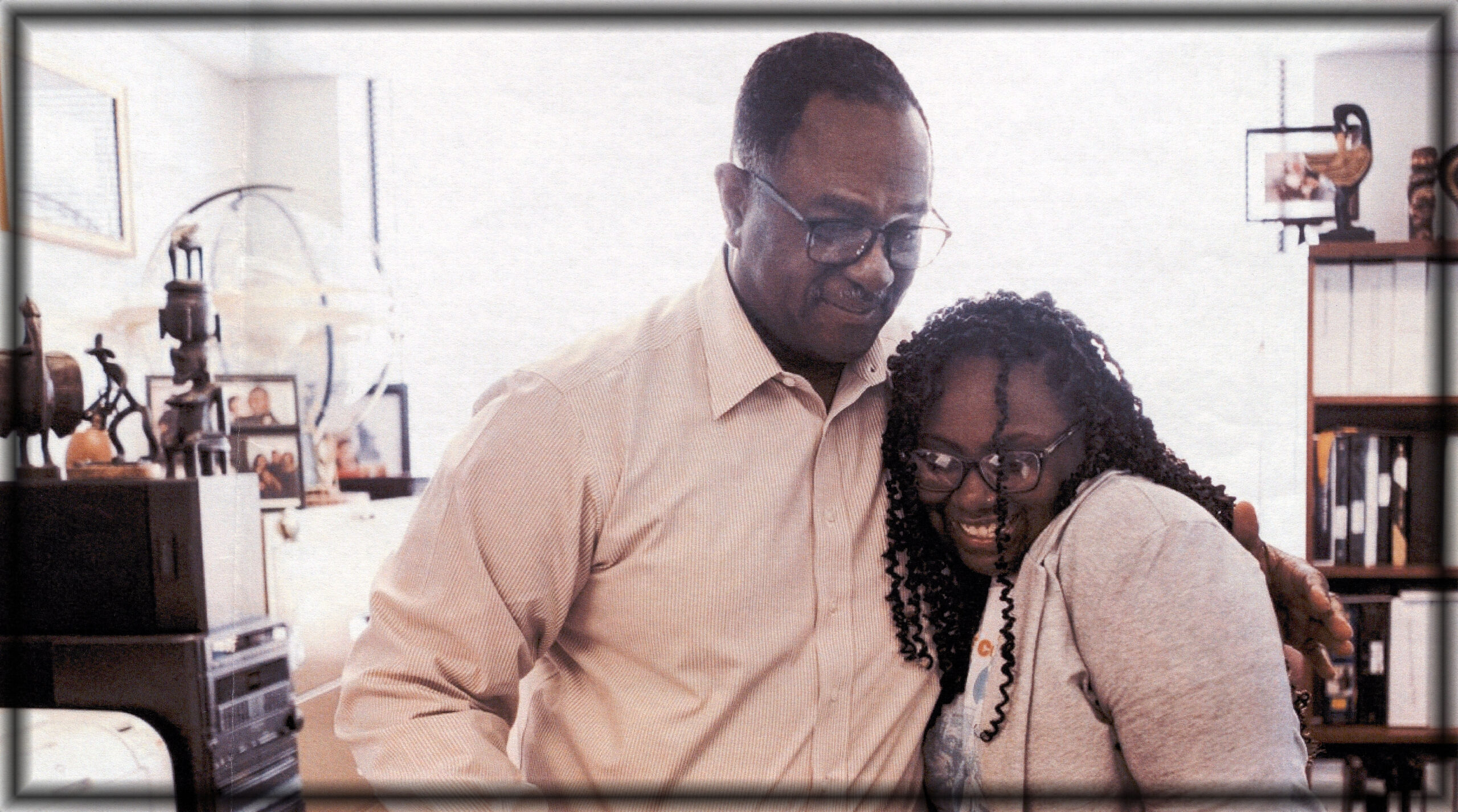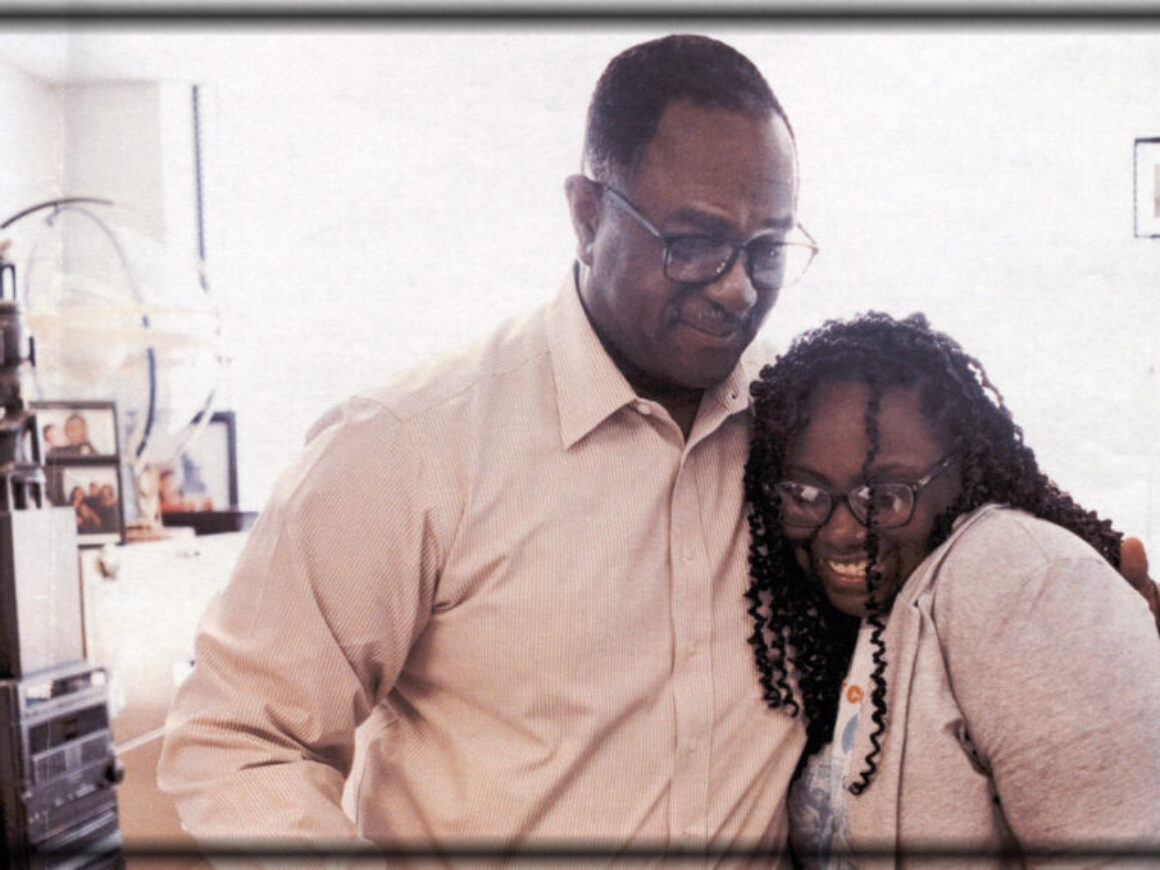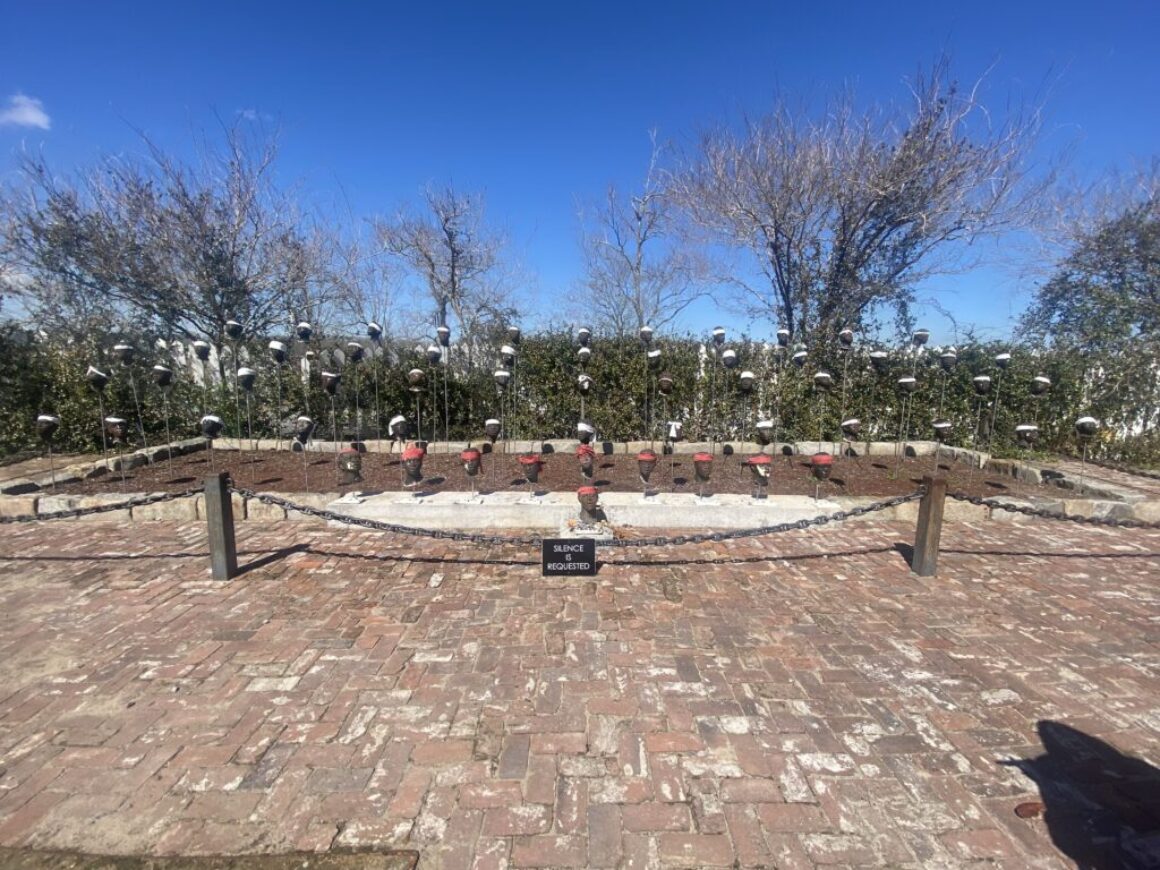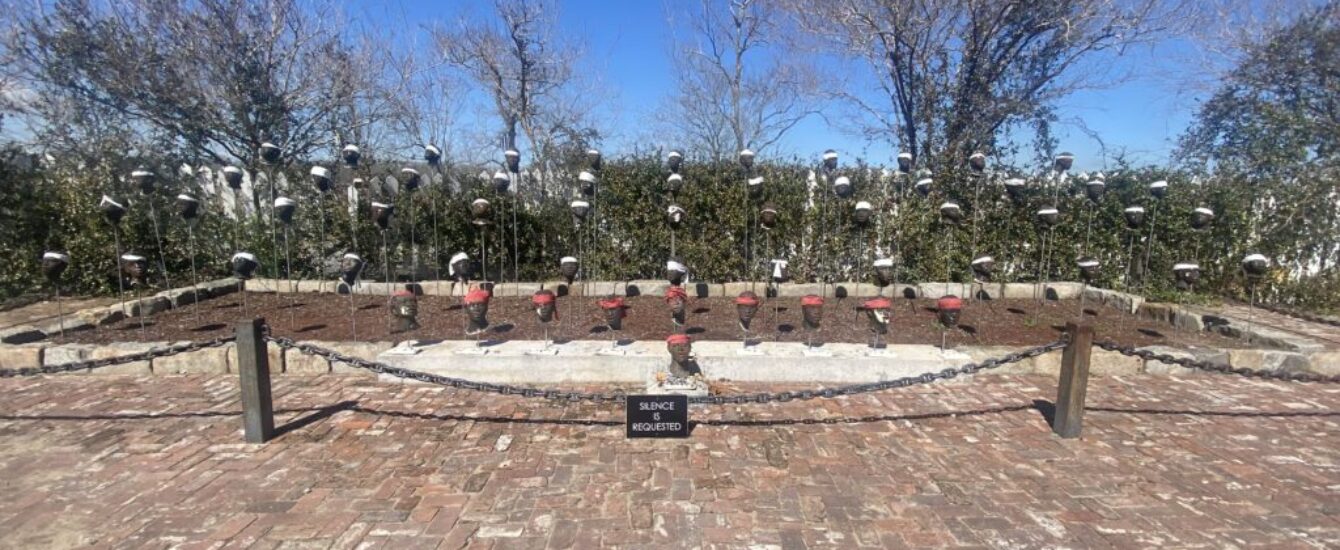This article explains in-depth shared inquiry, reflective practice, and shared authority. Her main point about shared authority is getting people’s stories out. However, she explains it’s not simple to have interviews. She notes that some interviewees do not cooperate, and some are dishonest. Despite the negative attributes of shared authority, this does not change the fact that oral history is essential. As mentioned before, she wanted to add oral history to the photos from the labor strike. She revisits this story in the end to emphasize its importance. Kathy states, “…most projects… have too little inquiry or authority during the formative stages… limiting our opportunities to counterpoint our history with our public’s varied pasts (36).” This quote further supports her thoughts about oral history. She is implying that history has many hidden stories. Without these stories, people’s truths are trapped within photos or artifacts.
Corbett, Katharine T., and Howard S. Miller. “A Shared Inquiry into Shared Inquiry.” The Public Historian 28, no. 1 (2006): 15–38. https://doi.org/10.1525/tph.2006.28.1.15.



